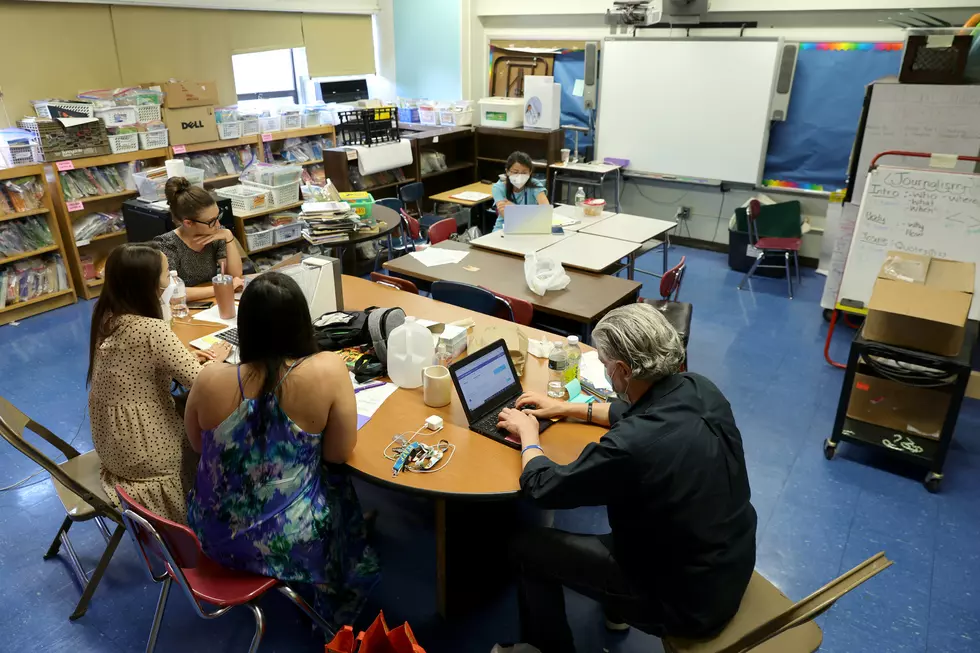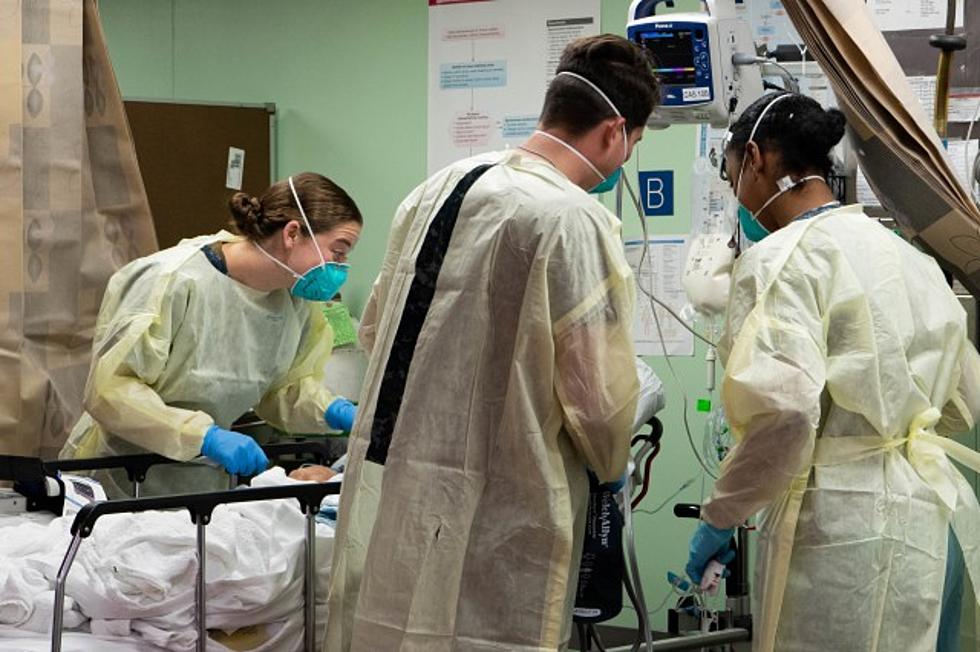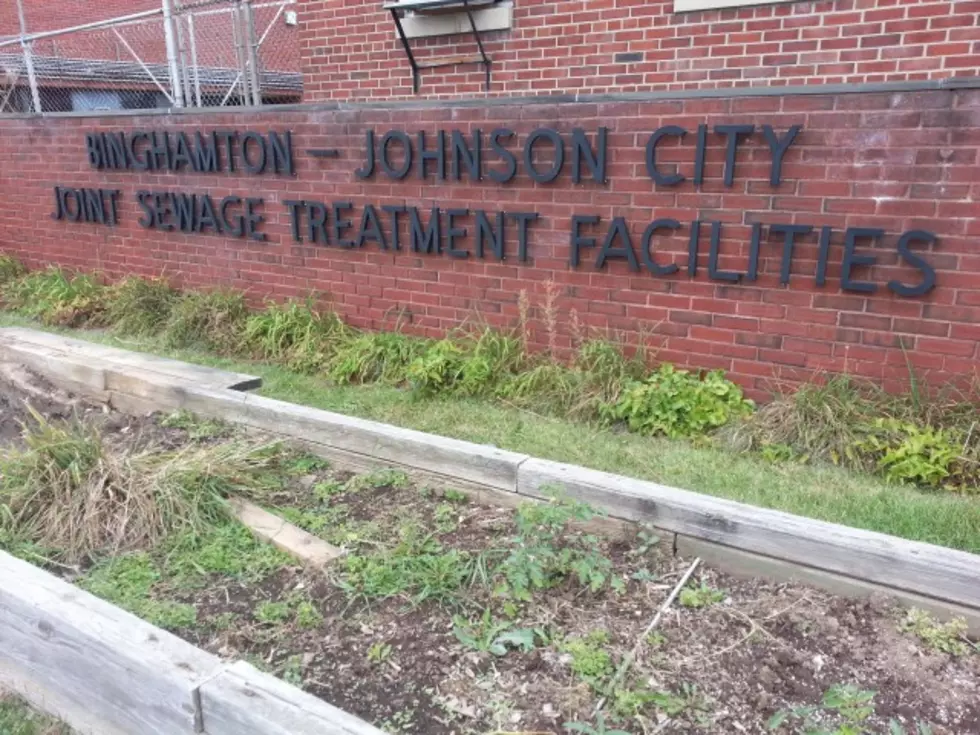
Gov. Hochul Has COVID/Broome High Community Spread Risk

Add New York Governor Kathy Hochul to the statistics for new cases of COVID-19 detected in the past several days.
May 8, the Democrat announced on Twitter that she would be working from home this week after testing positive during routine screening. The Governor is fully vaccinated and got a booster dose last fall at Binghamton University.
Hochul says she is asymptomatic and said her diagnosis is “a reminder to all New Yorkers: get vaccinated and boosted, get tested and stay home if you don’t feel well.” Many high-profile public officials and celebrities have repeated that message saying they would have been much sicker had they not gotten the vaccine and booster.
New York COVID cases are rapidly rising with the emergence of new subvariants of the coronavirus that are more transmissible. Unlike some previous mutations that resulted in little movement in hospitalizations, the new subvariants seem to be driving an uptick in hospitalizations as well but not in fatalities.
Central New York and the Finger Lakes have been seeing spikes in cases, which reportedly were slowing last week.
Meanwhile, the Thursday, May 5 update of the county-by-county map of COVID risk posted by the Centers for Disease Control and Prevention put Broome, Tioga, Cortland and Tompkins County in New York and Bradford and Susquehanna in Pennsylvania in the high-risk for community spread category. That carries a recommendation from the CDC that people wear masks in indoor settings and take other preventative steps.
Chenango and Delaware in New York and Wayne County in Pennsylvania are listed as medium community spread where people at risk of serious illness are encouraged to contact their health care provider for direction.
Answers to 25 common COVID-19 vaccine questions
This Idyllic house in Delancey Gives off Major Dawson’s Creek Vibes
More From KISS 104.1









